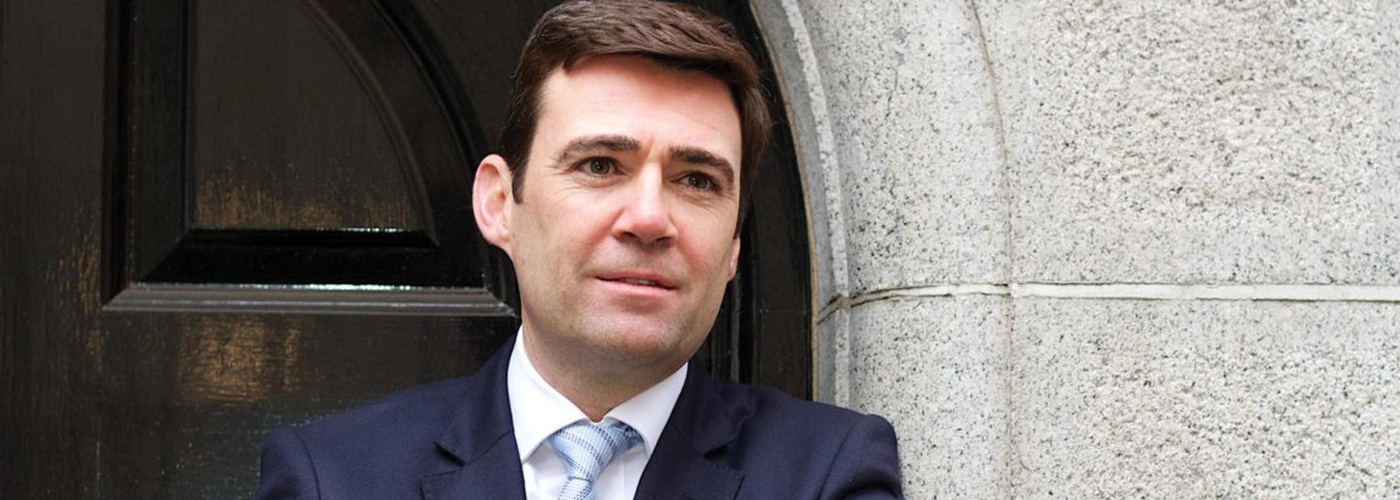Ahead of COP26, the Mayor of Greater Manchester talks levelling up, retrofitting and climate commitments
It’s a very wet Monday in October, the kind where people move around in a depressed huddle, not unlike the stick figures in a Lowry painting.
This is appropriate as I’m at The Lowry, home to the world’s largest collection of paintings by the artist, for the Greater Manchester Green Summit. I’m running a bit late – dutifully I’d travelled by tram and there was a delay on the line to Media City, perhaps not the best advert for a conference which is asking us to put our faith in public transport. A small fleet of electric vehicles is parked forlornly outside the theatre.
This is the route to levelling up the country by going further and faster on decarbonisation
But inside, there is a little more sunshine in the prevailing mood. The primary colours of the lobby set off stalls which display plans and projects, plants growing in weirdly lit hydrogel and delegates discussing everything from micro-farming to low traffic neighbourhoods to birding. At one point, a paper whale, apparently stalking a pied piper-style accordionist, floats serenely through the lobby. No big deal.
On stage, Andy Burnham is pep-talking a group of the already-converted on the benefits of Manchester’s bright green future. He could hardly be more enthusiastic if he had packed a pair of biodegradable pompoms.
Greater Manchester's radical climate goals
The Mayor of Greater Manchester has announced plans to accelerate the rate at which the city region decarbonises its economy. Greater Manchester’s ambition is to become carbon neutral by 2038, 12 years ahead of the national target. This is part of its ambitious Five Year Environment Plan set out two years ago at this same summit.
Today, the headline figure is that GM will radically reduce carbon emissions by a million tonnes over three years. This will be done through a combination of renewable energy, retrofitting homes, upgrading public transport and more.
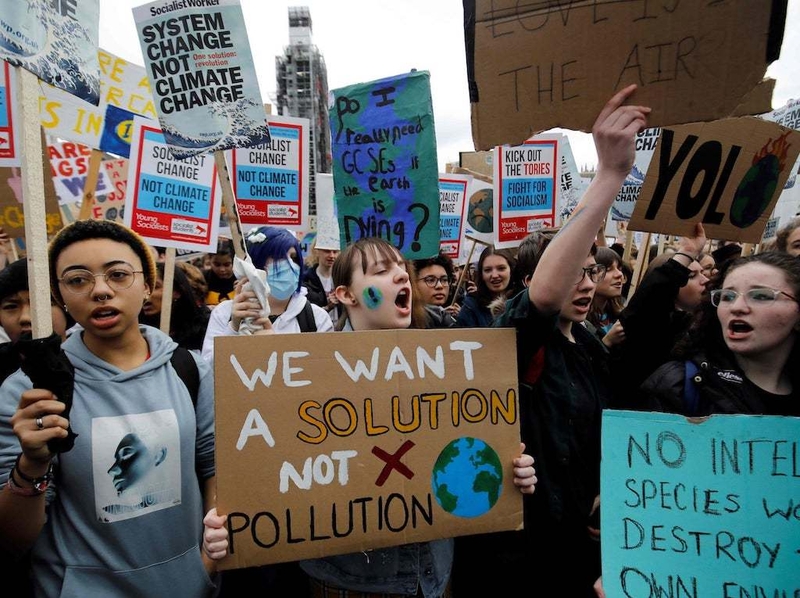
After the panel, there is a chance to ask Mr Burnham a few questions up by The Lookout, a small area where children usually do art activities or play. The Mayor seems to have borrowed a youthful sense of optimism from his surroundings.
“We are one of the few cities in the world on a science-based target the net-zero by 2038. And today is all about challenging ourselves to go faster towards that goal. We've got a plan to remove a million tonnes of carbon from the Greater Manchester economy over the next three years. We're hoping the Government will back that levelling up deal in the spending review next week. It needs cities like ours to go further, faster, because obviously if we hit 2038 it would be more likely that the rest of the country that will be able to hit 2050,” he says.
Is Greater Manchester really doing enough to hit the 2038 target?
“I think it's as far as we can go, 2038 is a test for us to be honest. And at the moment, we're not moving fast enough. That's why we're proposing this acceleration in the levelling up deal. I think it'd be hard to go faster than that. But it's the right thing to do, and what I hope, increasingly, people will see is that decarbonizing is not just about lowering costs on to people. It's the route to get better, cheaper public transport. It's the route to getting homes that are cheap to run. It's actually the way we can create thousands of good jobs for the people who live in Greater Manchester. This is the route to levelling up the country by going further and faster on decarbonisation.”
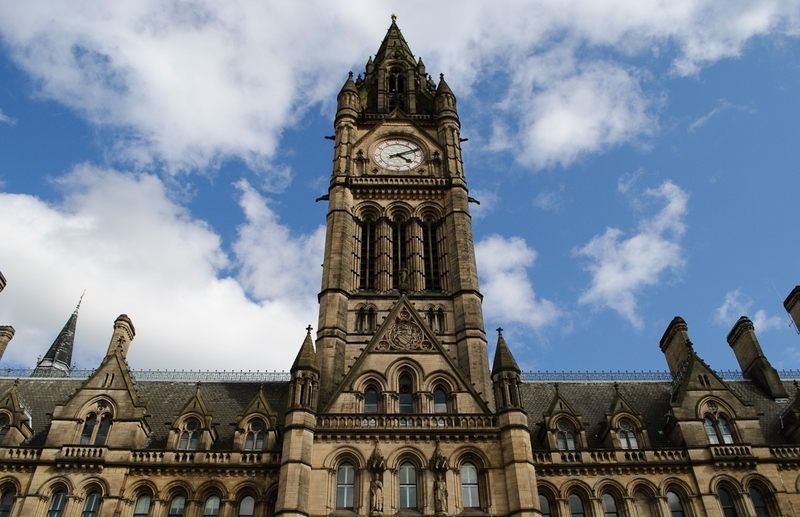
Is Manchester City Council meeting its targets?
Some green campaign groups are not so hopeful. Climate Emergency Manchester, for example, has repeatedly pointed out the ways in which Manchester City Council has failed to meet targets and, while declaring a Climate Emergency, has repeatedly sidelined environmental issues. Green councillor Rob Nunney expressed his frustration at current leader Richard Leese’s approach to the environment.
When it comes to action, the GMCA is massively dependent on how well the constituent ten councils implement some of the proposals talked about at the Green Summit. I ask the mayor if he thinks he has the support of every council in his ambitious plan.
“It requires action at every level. National government has got to work with regional government at my level, and then with local, the district level. All 10 of our councils have signed up to the 2038 plan. They have all declared a climate emergency. But obviously, like us, they need to turn it into action. Greater Manchester is actually increasingly taking action. We have a Clean Air Zone coming in next year - not popular with everybody, but important if we're going to change road traffic and transport in Greater Manchester, and obviously our districts are very much behind that. So yes, it's going require action on every level.”
The biggest challenge of our times
Mr Burnham has previously expressed his doubts about how the Government constructs the message around the changes needed. Referring to Boris Johnson’s rather tasteless joke about the destruction of mining communities being a benefit to the green agenda, the Mayor responded: “By making an explicit link between the drive to net-zero and the loss of jobs and industries — as though one always leads to the other — [Johnson] risks losing public buy-in to the biggest challenge of our times.”
Public buy-in is what Andy Burnham is all about. For the Mayor, decarbonisation is the route to better jobs, better homes and better transport. He seems to genuinely believe that we don’t have to prioritise the climate challenge over other issues – we can have our net-zero cake and eat it too.
Levelling up and cleaning up our economy are but two sides of a shiny, green penny. To hear him speak about it is indeed persuasive, a future where protecting the environment has led to prosperity, better health and greater life satisfaction. And it’s all heading our way on a big yellow bus.
Changes to transport, homes and jobs in Manchester
“This is about not just hitting people with costs. This is for me about cheaper public transport, homes that are more energy efficient therefore cheaper to run, communities that are better places to live with cleaner air. It's about creating a better Greater Manchester,” he says.
“Retrofitting is about changing people's homes. It’s a massive challenge – if we are going to hit 2038 then every home in Greater Manchester will have to be retrofitted and that means changing the insulation also changing essentially energy systems as well.
“Once you’ve done that most homes would be much cheaper to run, so we can end fuel poverty in the process. We can give everybody a lower cost of living, and actually, this is the big prize, we can create 80,000 jobs. There is going to be a huge need for people to do that work. I have a moment now in my political life where if I can say to young people if you will be trained in a certain skill set, you will have a job for life. And that's never happened before, but it is true.
“Now, when you look at the retrofitting challenge, and the young people who train in those skills will be able to take them outside of Greater Manchester when the rest of the country catches up with us. That's why I see this as an economic opportunity for us."
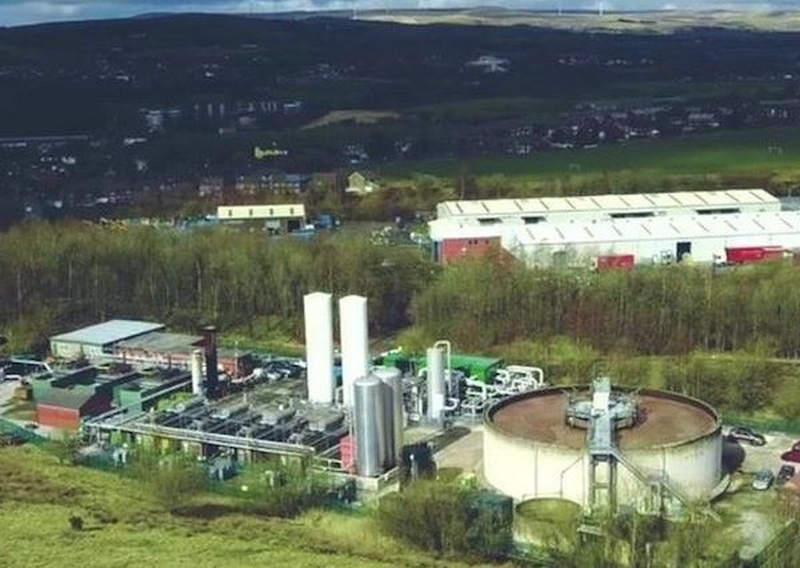
Technology, the cause of so many of our environmental problems, is also to be our saviour. Greater Manchester and the North West does indeed have some exciting projects in hand.
“We have a low-carbon hub being developed. Already there are some technologies that are world-leading, such as one of the first cryogenic batteries, which, to put in simple terms, means energy that was created from renewable sources can be stored for weeks rather than days - it's not lost. And that is a massive step forward. So we're already credible in saying, we are a green leader. If you start to think of the potential use of graphene in the net-zero challenge, then Greater Manchester can lead the fourth industrial revolution in the same way that we led the first,” says the Mayor.
Burnham on the buses
While politicians can tell us that climate measures will improve our lives, for many that’s just words. I ask the Mayor what he thinks will be that tangible moment when people will say, actually, this is working for me, this is where things are improving. It’s an open goal question – a chance for him to get back on his favourite political hobby horse.
“I think it’s transport, and we all feel it, don’t we? It's just so frustrating. At the moment it's fragmented. It's expensive. I think when people here can see an integrated, yellow and black public transport system where it's much cheaper to catch the bus, and where you can catch buses and trams, but only pay up to the cap, that I think is when people will say, okay, we can feel the change happening here.
"We've had 35 years of bus companies here having the run of the road, they've decided what type of buses they put on the road, what routes they go on, what fares they charge. It's been a disaster. And I, I've taken the decision to proposals under public control. And because of that, the public now can decide what buses we want what fares to charge where the buses go. I think this is going to make a major difference to the way we move around Greater Manchester.
“It won't just determine whether or not we can decarbonise by 2050, it will also determine whether or not levelling up actually means anything. And the test I've set for them is that we want all bus fares at the same level as London. £1.55 for a bus journey - that's what it should cost here, as well as London, and at the moment, and costs four pounds or more. When you have economics that make it often cheaper for people to get an Uber or a taxi to catch a bus or cheaper to catch a plane than take the train, you know you're in the wrong place when it comes to the climate challenge.”
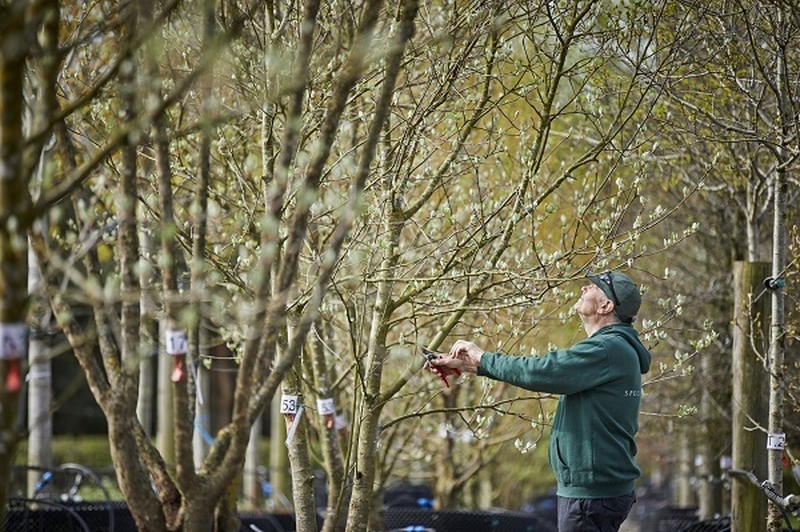
What Andy Burnham has done is simple but bold. He has taken two seemingly separate issues that Government has publically committed to and teased out the interconnections between them. “If you believe in levelling up,” it is implied, “you also have to commit to climate measures. If you want to achieve your climate commitments, then give us the money to level up”. The risk is all on the idea that the Government will feel any kind of pressure to stick to its publically stated ideals. It’s a play with shaky foundations, predicated on the idea that the Government believes in anything at all.
“There's a lot riding on the next couple of weeks and it's why this Green Summit today is very well-timed. We have a plan, a credible plan, to accelerate the pace of change and to remove a million tonnes of carbon from the Greater Manchester economy. In the next three years, we’ll have a London-style public transport system, a massive programme for retrofitting homes. We can do it. We are just waiting for the Government to back that. By backing us they will also be levelling up Greater Manchester with London,” says the Mayor.
So, for the next week at least, Andy Burnham is optimistic, nay positive, that the Government will join him aboard his big yellow bus of hope:
“The plans are there, and the Government now needs to have courage, because this is an investment in the UK’s prosperity. In the long run, the costs of inaction are greater than the costs of action.”





